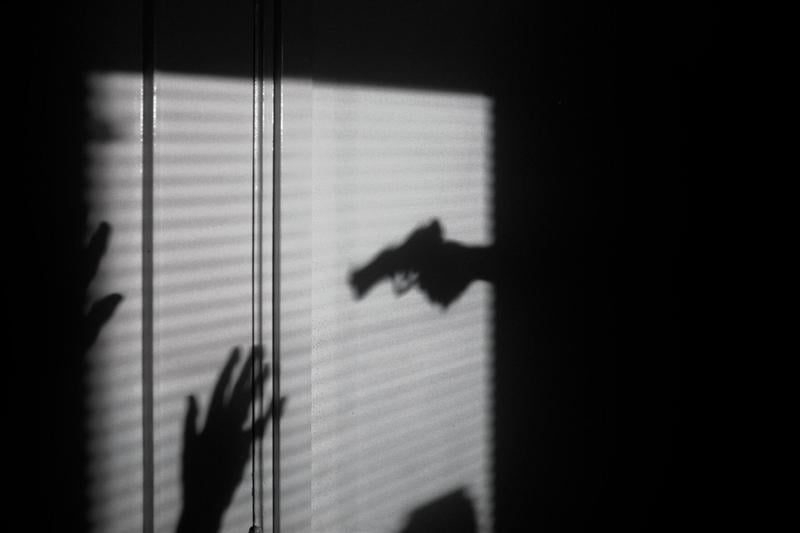The California Senate passed a bill that will allow violent convicts with life sentences to be eligible for parole after serving 25 years, so long as the convict was younger than 26 when the crime was committed.
Republicans decried the bill as a threat to public safety.
They noted individuals convicted of serious, violent crimes ranging from murders to bombings would be eligible for parole.
“This bill isn’t about second chances for petty offenders. It grants early release to some of the most violent criminals,” said state Sen. Kelly Seyarto, R-Murrieta, who serves as Senate Republican Caucus chair and vice chair of the Senate Public Safety Committee.
“These individuals were sentenced to life without parole for crimes so extreme that the justice system deemed them beyond rehabilitation,” Seyarto said in a statement to The Center Square.
Senate Republicans say one individual who would be eligible for early release is Sam Woodward, who was found guilty of a hate murder at age 20 when he murdered a gay, Jewish former schoolmate of his by luring him to a park. Woodward stabbed him 28 times and buried the body.
Some exclusions for the bill are murderers whose slayings were in concert with an attempt or completion of a robbery, kidnapping, rape, sex crimes against a child under 14, burglary, arson, train wrecking, mayhem, carjacking, torture, and killing of three or more people at a school or place of worship.
The so-called “Youth Rehabilitation and Opportunity Act” was authored by Sen. Susan Rubio, D-Baldwin Park, who says the bill is necessary to account for individuals’ potential for rehabilitation and change over time.
“SB 672 will provide young Californians who were sentenced to life without parole for committing specified crimes before age 26, and who have served 25 years in prison, with the opportunity to demonstrate their growth, maturity, and rehabilitation before the Board of Parole Hearings,” wrote Rubio in support. “The Youth Rehabilitation and Opportunity Act reflects modern scientific understanding and recent California court decisions that highlight the need for the Legislature to address this issue.”
“SB 672 is about review, not release,” continued Rubio. “This bill ensures a balanced approach that considers the rights and safety of victims while fostering a justice system that is supportive of youth rehabilitation and their potential for change.”
An analysis by the State Senate Appropriations Committee found 1,634 incarcerated individuals would be eligible for parole under the bill’s provisions.
The panel also determined that with estimated annual incarceration costs of $133,000 per convict per year, release of 100 individuals under the law would save $100 million over 10 years in holding costs. The analysis did not assess how much these individuals would cost the state if they reoffend, or the cost of potential future crimes. The United States has a recidivism rate of 70% within five years, meaning that 70% of released convicts reoffend within five years.
The bill passed the State Senate on Tuesday and now goes to the State Assembly.






